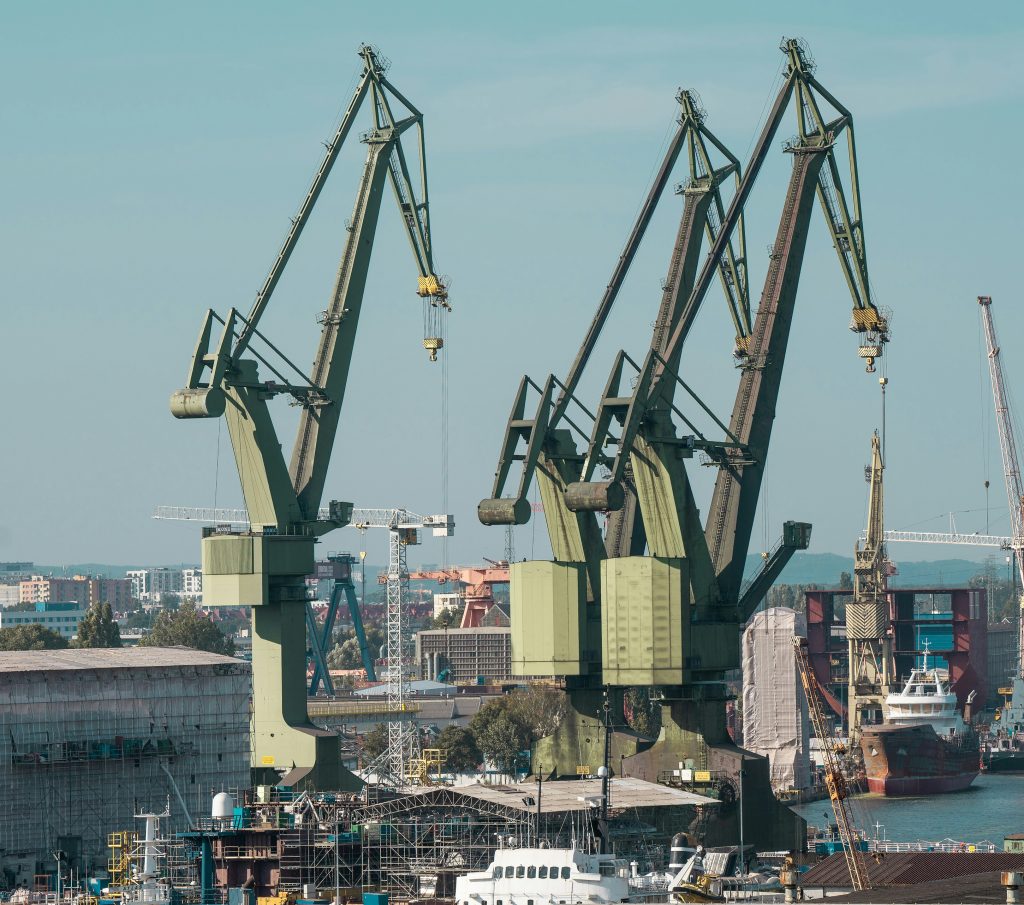Germany Tightens Border Controls Amid Rising Far-Right Sentiment and Migration Concerns
In a significant policy shift, German authorities have announced the introduction of stringent border controls at all land crossings as a response to increasing far-right sentiments and pressures from upcoming elections. This move, which aims to curb irregular migration, follows a series of extremist attacks that have sent shockwaves through the nation and raised concerns about public safety.
The German government, led by the Ministry of Interior, has declared that these measures are necessary to combat not only irregular migration but also the associated rise in crime that has been linked to it. The decision has been met with widespread criticism from neighboring countries, particularly Poland, where the Prime Minister has labeled Berlin’s actions as unacceptable and a breach of European law. He has called for urgent consultations with other European nations to address what he describes as a “de facto suspension of the Schengen Agreement on a large scale.”
This tightening of border controls is indicative of a growing trend among European nations grappling with the complexities of migration and security. As the far-right continues to gain traction in Germany, public sentiment has shifted towards a more nationalistic approach to immigration, prompting authorities to take decisive actions that they believe will resonate with the electorate.
Germany’s move to enhance checks at its borders comes in the wake of rising public anger over the perceived inability of the government to manage migration effectively. The recent extremist attacks, which have raised alarms about national security, have only intensified the call for stricter immigration policies. This has led to a climate where political leaders feel pressured to act, often at the expense of established agreements like the Schengen Agreement, which allows for passport-free travel across many European countries.
While the German government argues that these measures are necessary to protect its citizens and maintain order, critics warn that they could lead to increased tensions among EU member states and undermine the principles of free movement that have been a hallmark of European integration. The Polish Prime Minister’s remarks reflect a growing unease among European leaders regarding the potential ramifications of Germany’s unilateral actions.
As discussions continue among European nations, the implications of Germany’s decision on its relationships with its neighbors remain to be seen. Will this lead to a ripple effect, prompting other nations to adopt similar measures? Or will it spark a backlash that brings attention to the need for a more cohesive and humane approach to migration across Europe?
As the situation develops, all eyes will be on Germany and its neighbors as they navigate the delicate balance between security and the values of cooperation and solidarity that the European Union was founded upon. The coming months will be crucial in determining the future of border policies in Europe and the impact they will have on the lives of countless individuals seeking a better life in the continent.
Tags: border controls, European Union, far-right, Germany borders, immigration policy, Schengen Agreement
Germany Tightens Border Controls Amid Rising Far-Right Sentiments
In a significant policy shift, German authorities have announced the implementation of stricter border controls at its land borders, a move that has drawn sharp criticism from neighboring countries and raised concerns about the implications for European unity. The decision comes in the wake of growing far-right sentiments within Germany and recent extremist attacks that have heightened public anxiety over irregular migration and associated crime. The German government is responding to these developments with a crackdown on unauthorized entry and a pledge to enhance security measures at its borders.
The announcement has sent ripples through Europe, particularly affecting relations with Poland. Polish Prime Minister has voiced strong opposition, labeling Berlin’s actions as ‘unacceptable’ and a violation of European law. He has called for urgent consultations with European neighbors to address these border controls, which he describes as a de facto suspension of the Schengen Agreement. This agreement has long facilitated free movement across European borders, a principle that is now under strain.
Germany’s decision to tighten checks on its borders with France, Luxembourg, the Netherlands, and Belgium reflects the increasing pressure the government feels to respond to public concerns about immigration. The move has been framed as a necessary step in maintaining national security and public order, especially as Germany heads into a politically charged election period. The rise of far-right parties, fueled by anti-immigration rhetoric, has prompted the government to take a firmer stance on immigration policies, signaling a shift in the political landscape.
Critics argue that these border controls may not only undermine the Schengen Agreement but also further polarize the already contentious debate over immigration in Europe. The long-standing commitment to open borders has been a cornerstone of European integration, and any perceived rollback could have far-reaching consequences for EU cohesion. As the German government navigates this complex situation, the balance between national security and European solidarity remains precarious.
As the situation develops, observers are closely monitoring the reactions from other EU member states and the potential impact on migration patterns across the continent. The tightening of border controls may lead to increased scrutiny and enforcement measures at other borders, prompting a domino effect that could alter the landscape of migration in Europe.
In conclusion, Germany’s recent decision to impose stricter border controls underscores the growing challenges faced by European nations in managing migration and maintaining security. As public sentiment shifts and far-right movements gain traction, the future of border policies in Europe hangs in the balance, raising critical questions about the continent’s commitment to its foundational principles of free movement and cooperation.
Tags: border controls, Germany, Germany borders, immigration, Poland, Schengen Agreement


